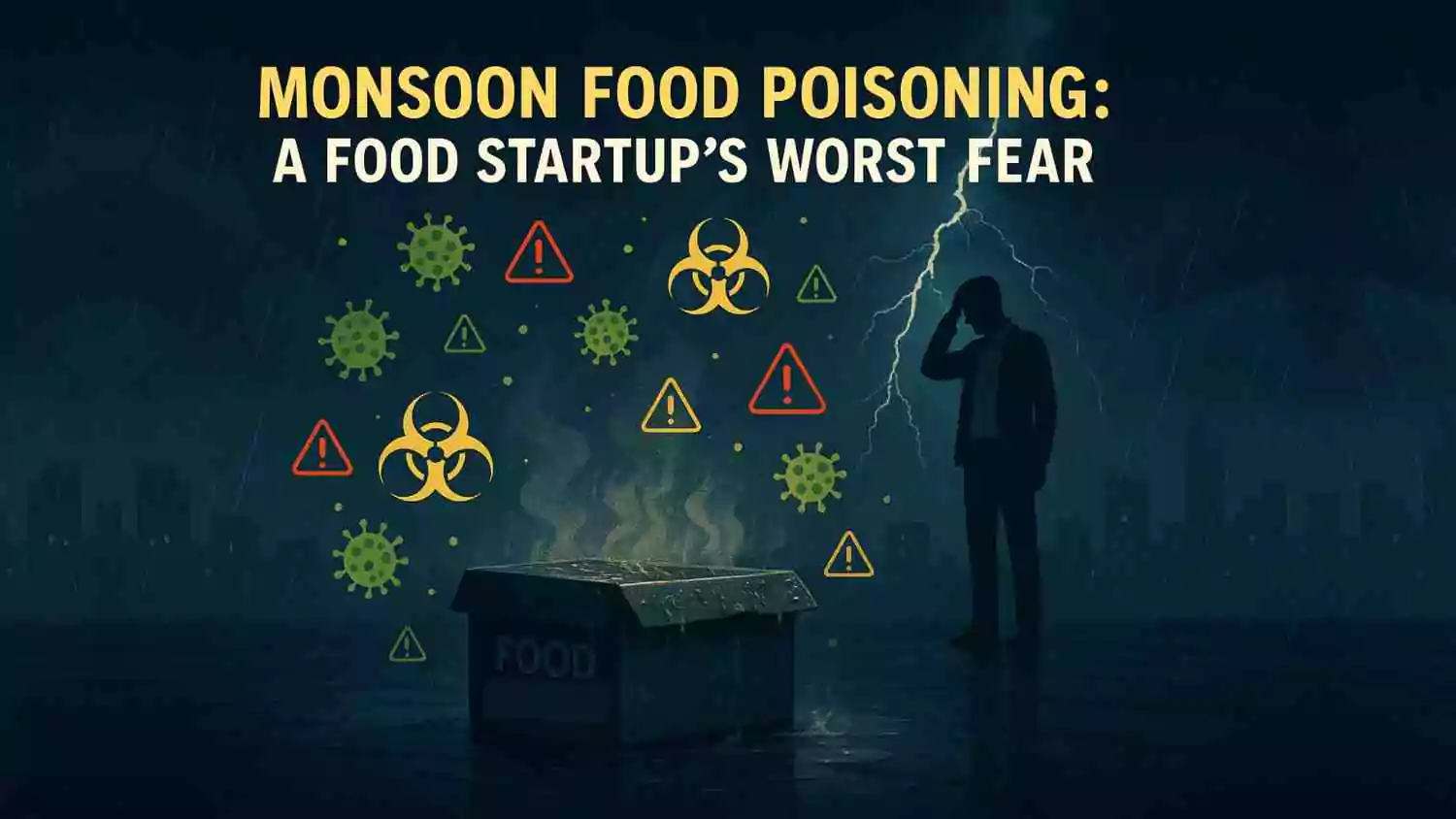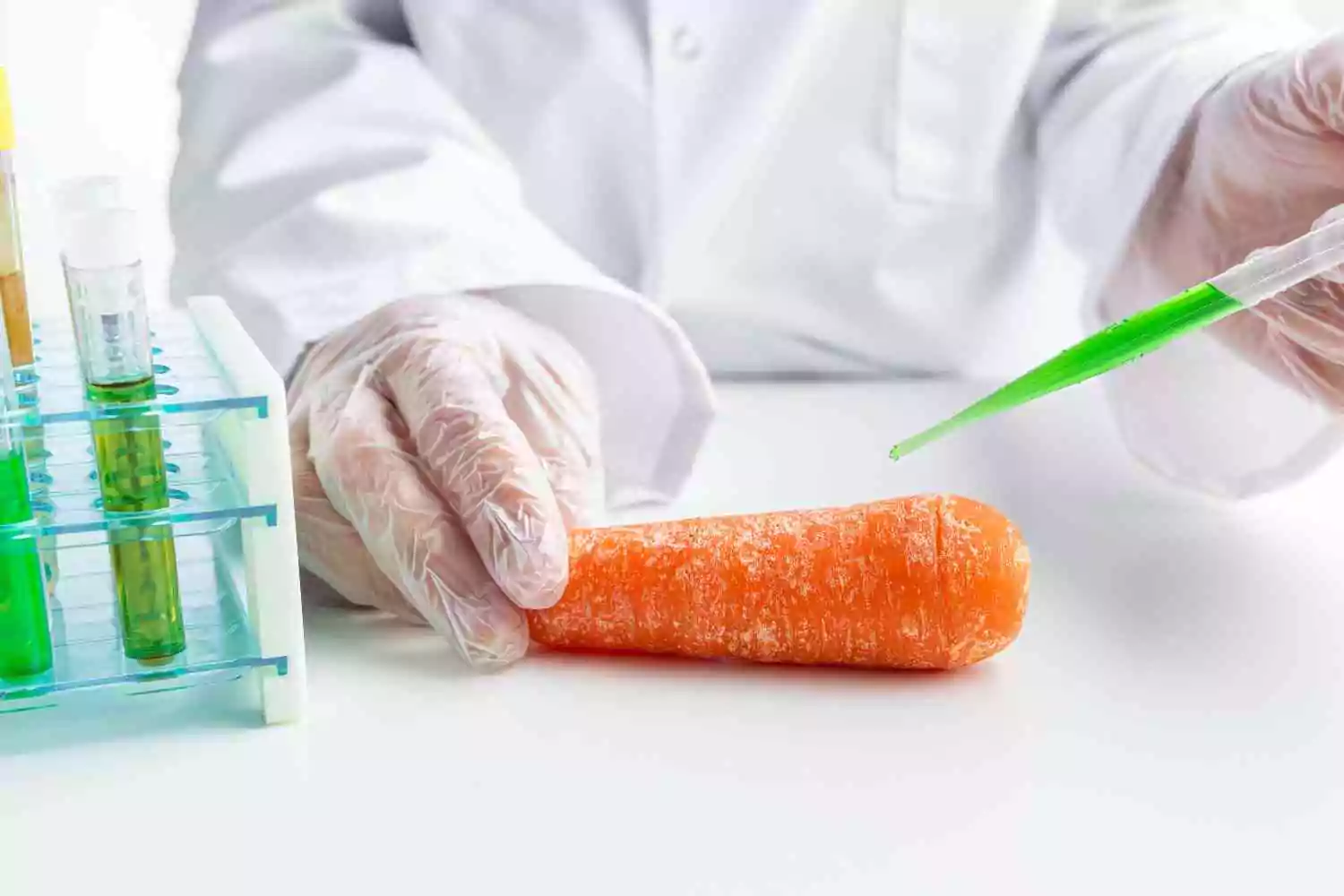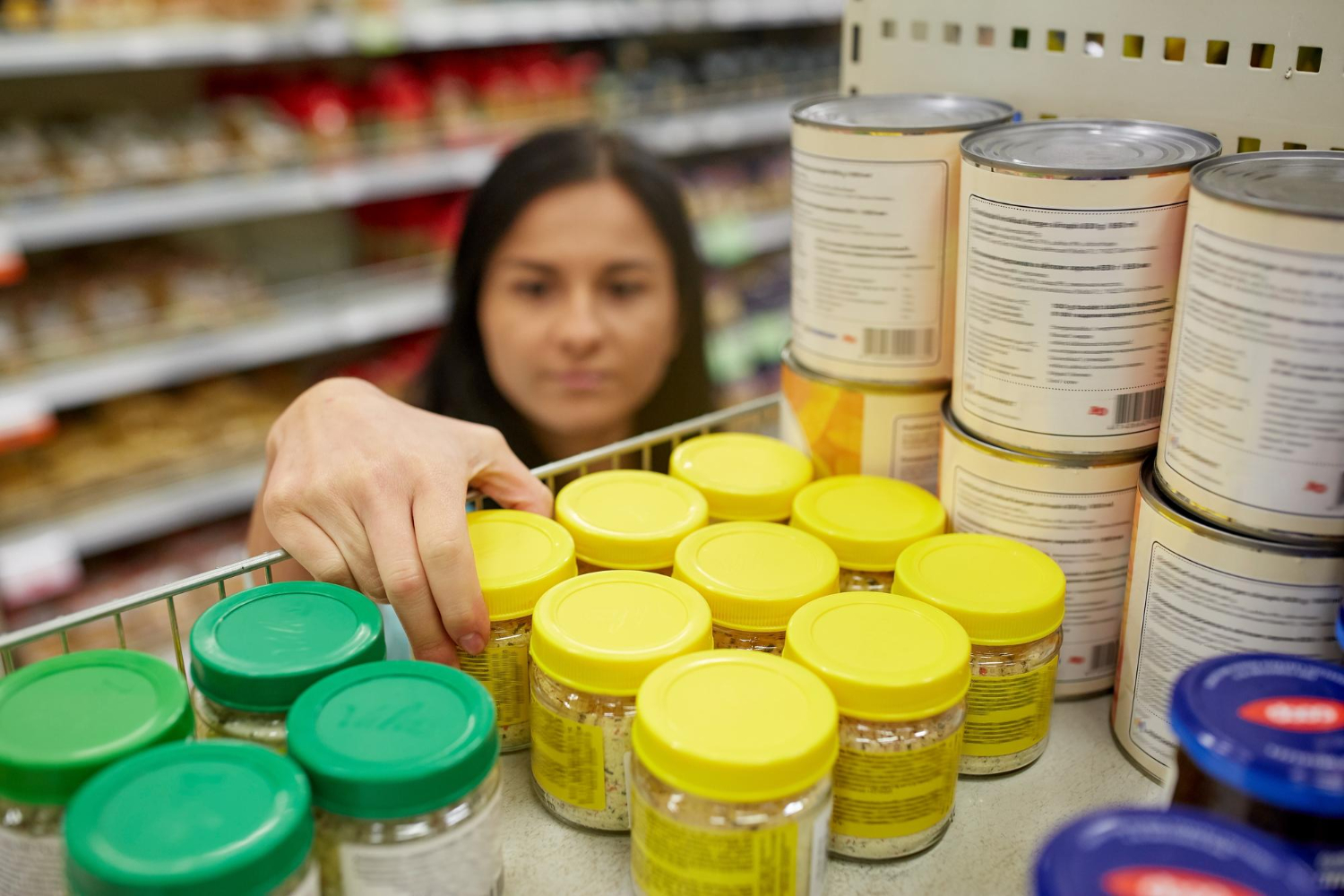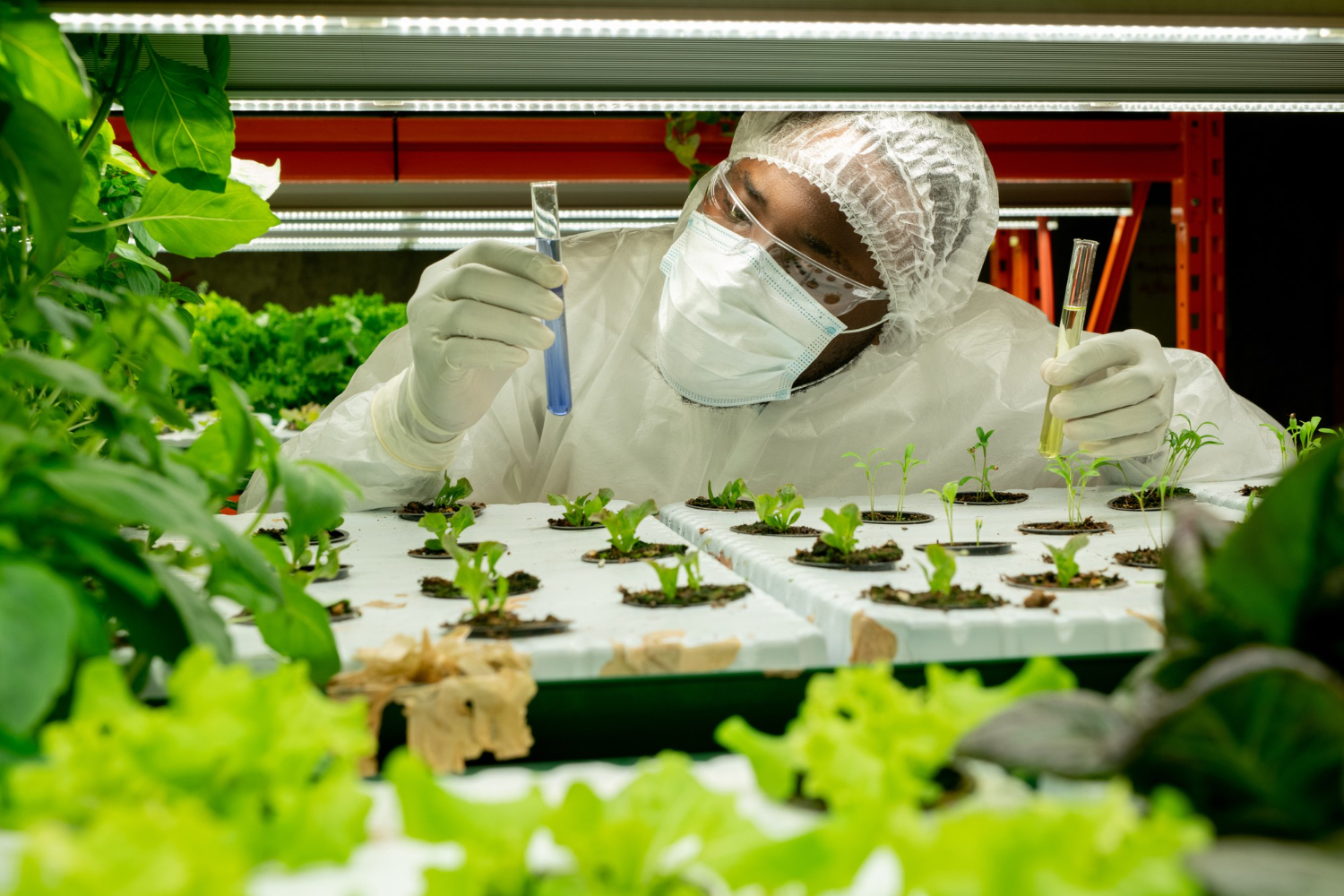How Does FSSAI Ensure Food Safety in India?
- 18 October, 2024

The food industry in India has been growing rapidly, but maintaining food safety is crucial. Food manufacturers in India must follow specific standards to ensure the food they produce is safe, clean and of good quality.
The Food Safety and Standards Authority of India (FSSAI) is the governing body responsible for enforcing food safety standards, ensuring that food is safe for consumption and free from contaminants.
The Role of FSSAI
FSSAI plays a central role in setting food safety standards for food business operators (FBOs) and food manufacturers in India. By obtaining an FSSAI licence, businesses are bound to follow strict guidelines regarding hygiene, labelling, storage and overall food safety. Without this licence, a food business cannot legally produce or serve food products in India. The presence of the FSSAI logo on food items assures consumers that the food has passed the necessary safety checks and meets the required standards.
Food Testing: A Core Element of Food Safety
Food testing is an essential step in maintaining food safety and is a primary requirement enforced by FSSAI. Food testing in India involves examining food products for contaminants such as microorganisms, bacteria, viruses and moulds that could pose risks to consumer health. Every food product introduced into the market or any product that undergoes alteration must go through rigorous testing to ensure it is safe. These tests also reveal vital information, such as the product’s shelf life and nutritional value.
FSSAI regulates food testing laboratories across India, ensuring they adhere to stringent standards. These labs test for harmful substances and verify that food meets safety requirements before it reaches consumers. Food manufacturers and other businesses in the food industry are encouraged to conduct regular food testing to meet FSSAI standards and gain consumer trust.
The Importance of Inspections
FSSAI conducts inspections to check if food businesses comply with safety standards. Inspections are especially common during festive seasons, when there is a high demand for food products, or when complaints about specific outlets arise. The purpose of these inspections is to ensure that food prepared and served to consumers is safe, fresh and prepared in hygienic conditions.
During an inspection, FSSAI officials assess several aspects of the food business, including:
- Cleanliness and hygiene: Ensuring that all surfaces, equipment and food preparation areas are sanitised to prevent contamination.
- Storage of raw materials and cooked food in separate areas: Keeping raw and cooked foods apart to avoid cross-contamination.
- Proper cooking practices: Verifying that food is cooked thoroughly to eliminate harmful pathogens.
- Safe handling of raw materials and water: make sure that raw ingredients and water meet safety standards and are handled properly to maintain quality.
- Adherence to temperature guidelines during food preparation: Ensuring that foods are cooked, stored and served at safe temperatures to prevent spoilage and bacteria growth.
These inspections allow FSSAI to identify cases of food adulteration, expired products and unhygienic food preparation practices. If a business is found violating these standards, it may face penalties, including licence suspension or cancellation, protecting consumers’ health and interests.
The Consequences of Ignoring Food Safety Standards
Neglecting FSSAI’s food testing and inspection guidelines can lead to severe consequences for both the business and its customers. Ignoring these standards can increase the risk of food-borne illnesses among consumers, potentially damaging public health. Additionally, when food safety is compromised, it can significantly impact a business’s reputation, resulting in financial losses and loss of consumer trust.
The Path Forward: FSSAI’s Continuous Efforts
FSSAI continues to innovate and strengthen food safety standards to keep pace with the evolving food industry in India. Through food testing, inspections and regulatory enforcement, FSSAI is dedicated to safeguarding public health, enabling food businesses to serve safe and high-quality food.


























